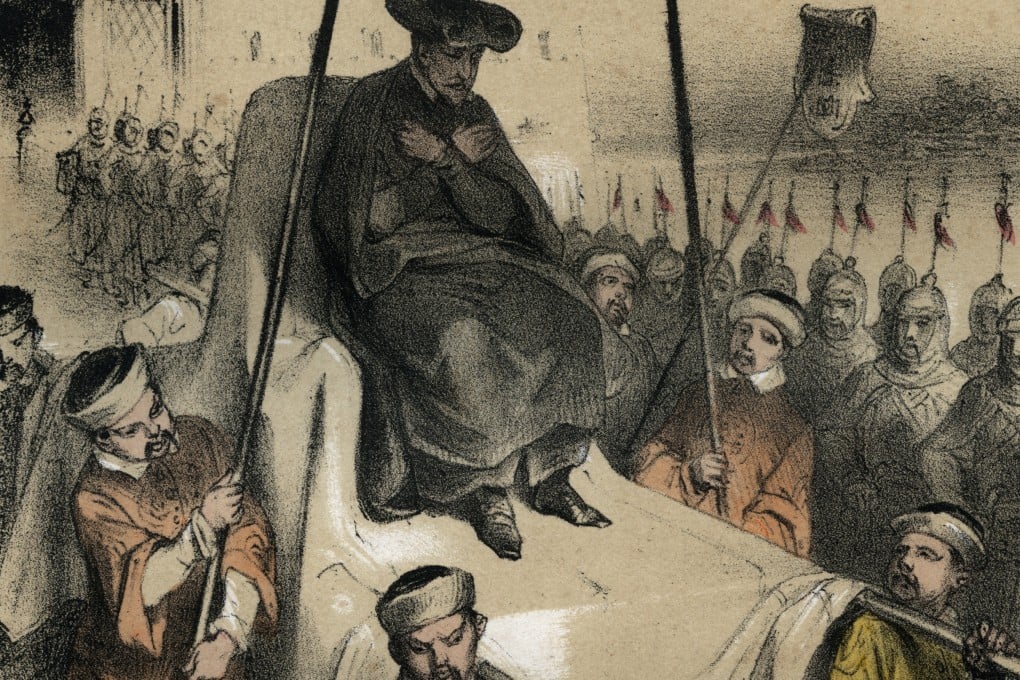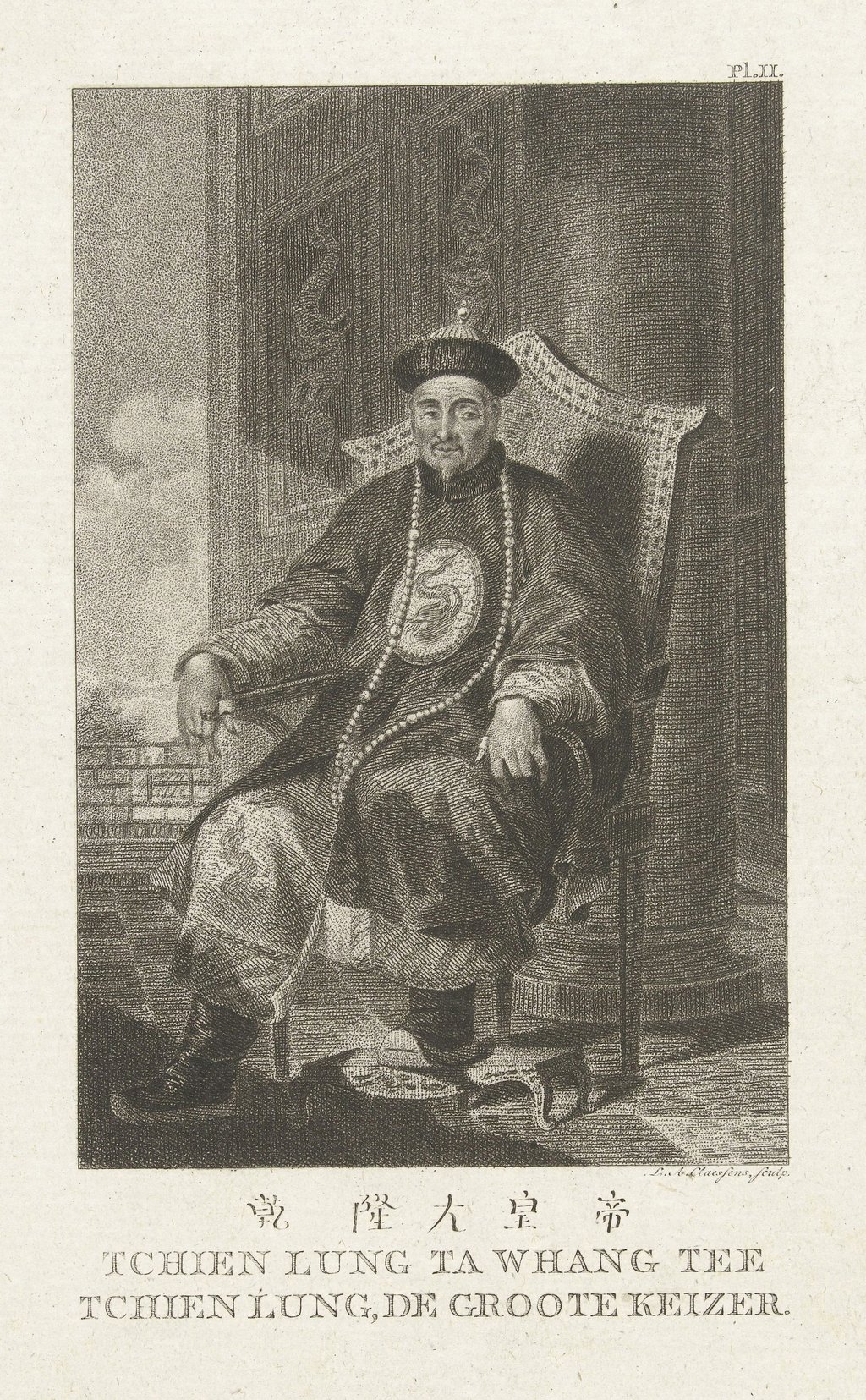Some thought the Chinese language would die. They were wrong: examining 500 years of learning it as an outsider
- Ever since the first Europeans came to China, outsiders learning the language has come with its own challenges and rewards, right up to the present day

In 1582, Matteo Ricci arrived in Macau, with the aim of converting the Chinese to Christianity. But to do that, he would have to become accustomed to the mores of Ming China, including its language.
“Many of the letters have the same sound, even if they are represented by a different character, and each one signifies many things,” he wrote. “Even among eloquent people, literati, who pronounce the language well, the Chinese often ask one another to repeat a word, and to say how it is written […]”
The Italian of the Jesuit order would eventually master Chinese, inspiring generations of missionaries and merchants to attempt the same, but few thereafter would breach this great linguistic wall.

By the tail end of the 19th century, however, attempts to regulate foreign activities were failing. The Qing dynasty (1644-1912) had fallen technologically behind the West, and foreign esteem for all things Cathay – an alternate, historical name for China – had declined. A few still attempted to unlock the mysteries of the language, although many relied on pidgin, a hybrid language developed in the treaty ports. Or they simply used translators.
Dismayed by a perception of civilisational decline, Chinese reformers of the time advocated for the wholesale abandonment of characters, including the writer Lu Xun, who hyperbolically argued, “If the Chinese script does not go, China will certainly perish!”